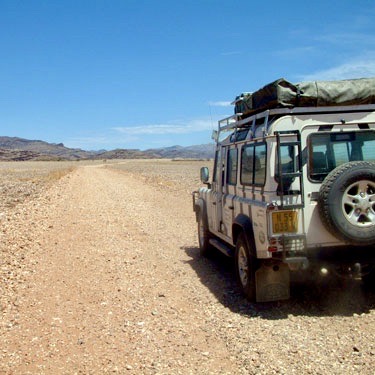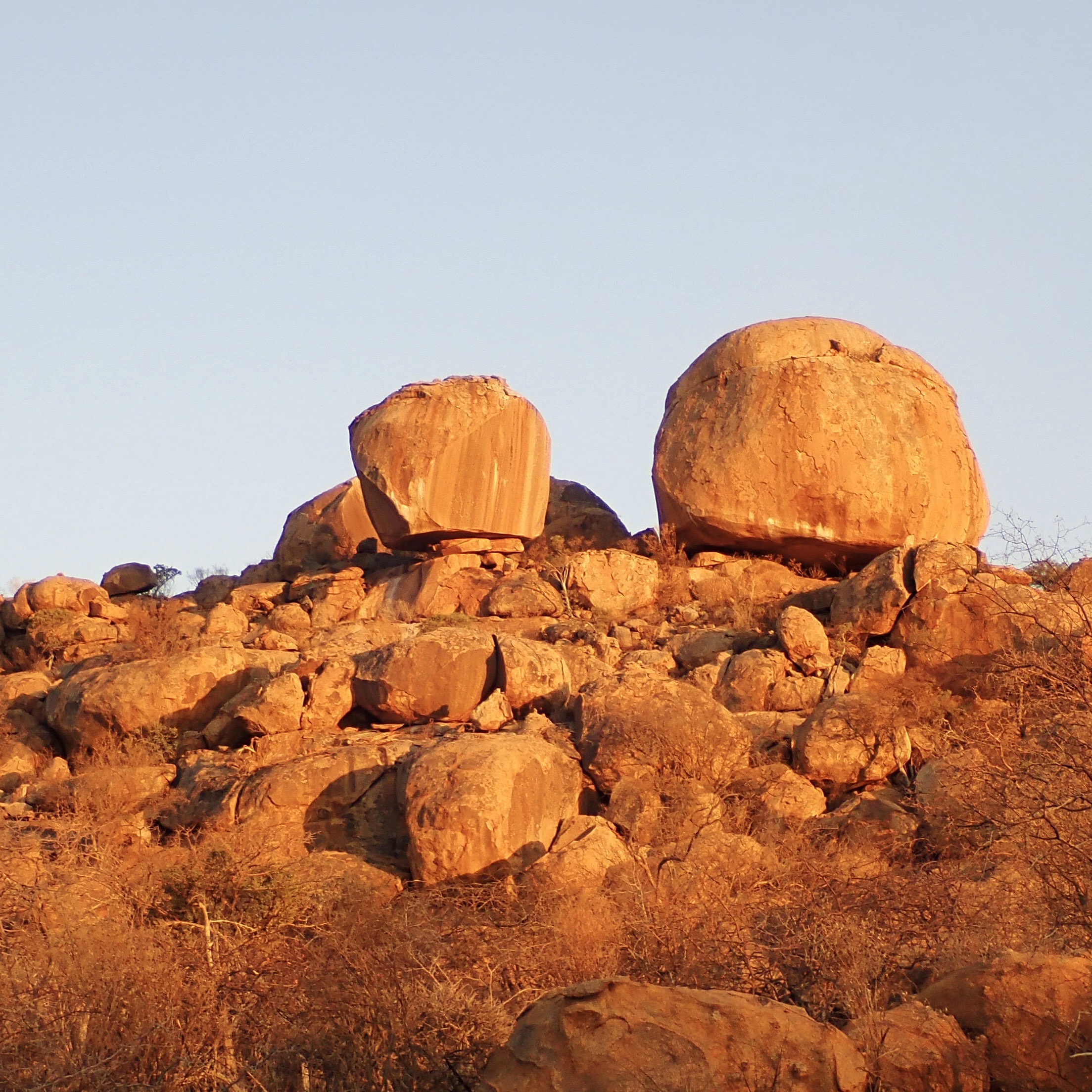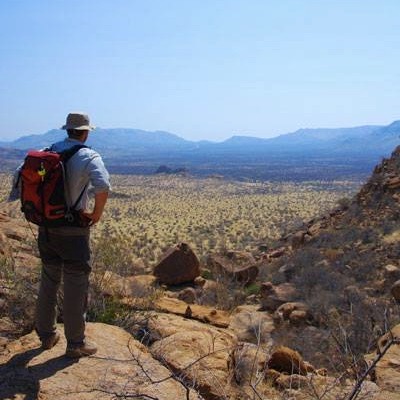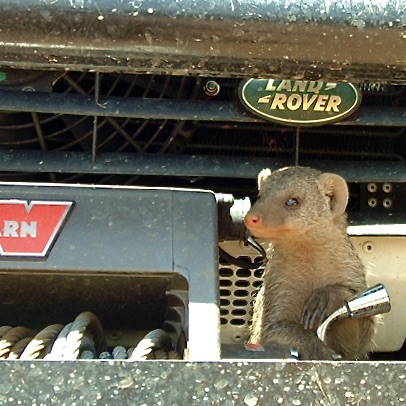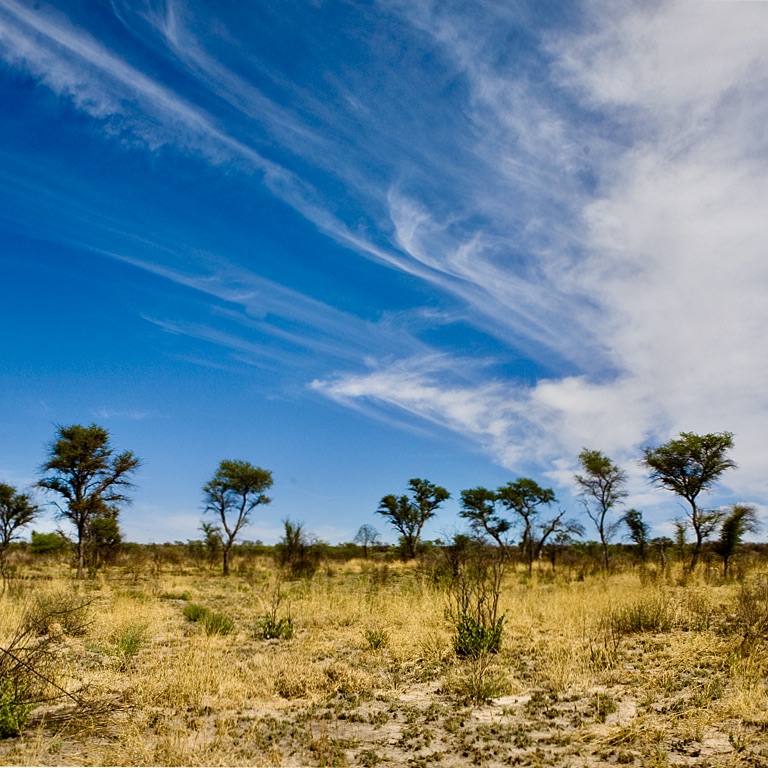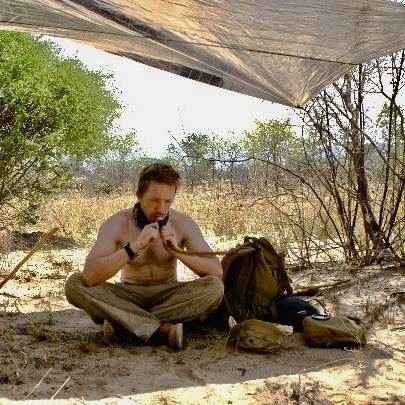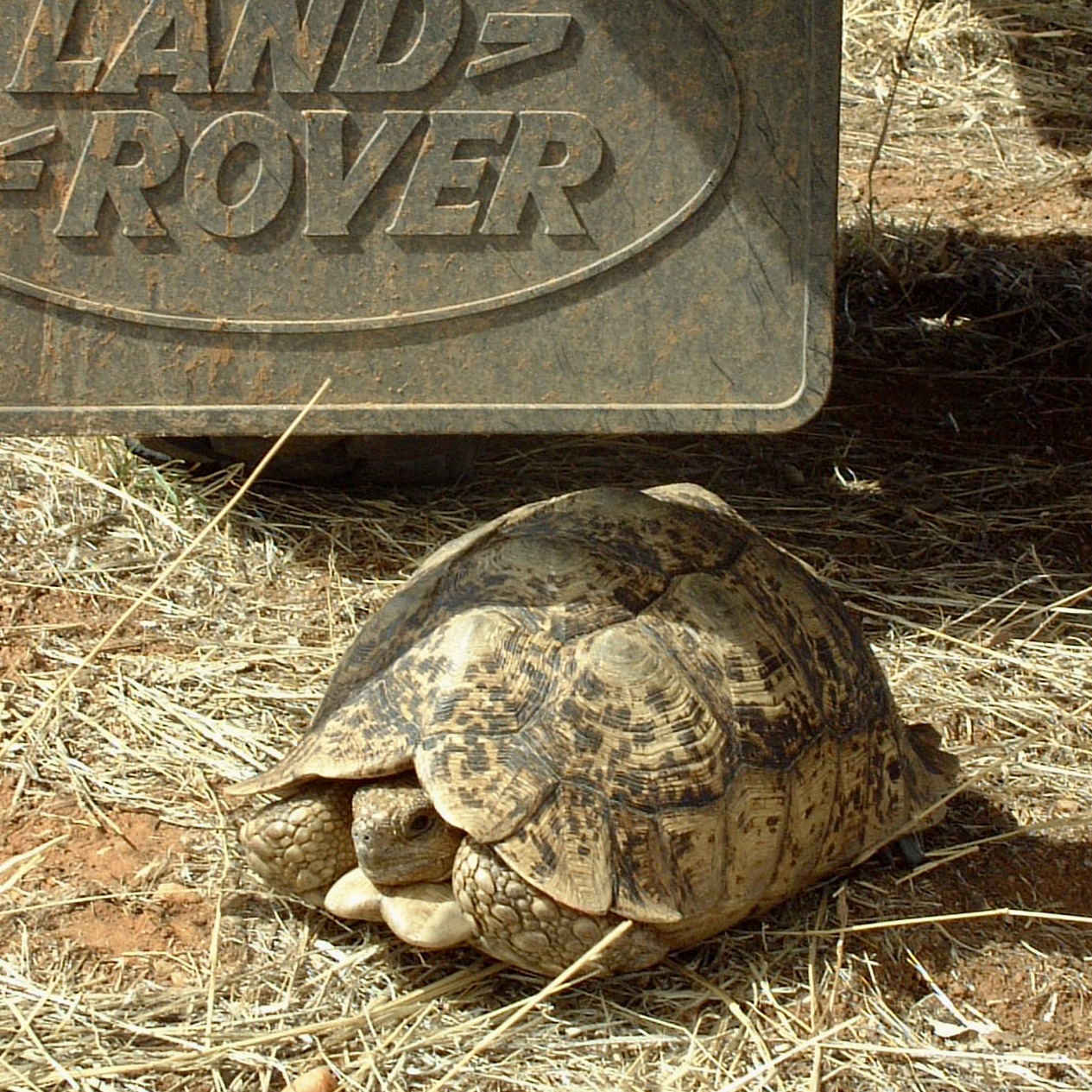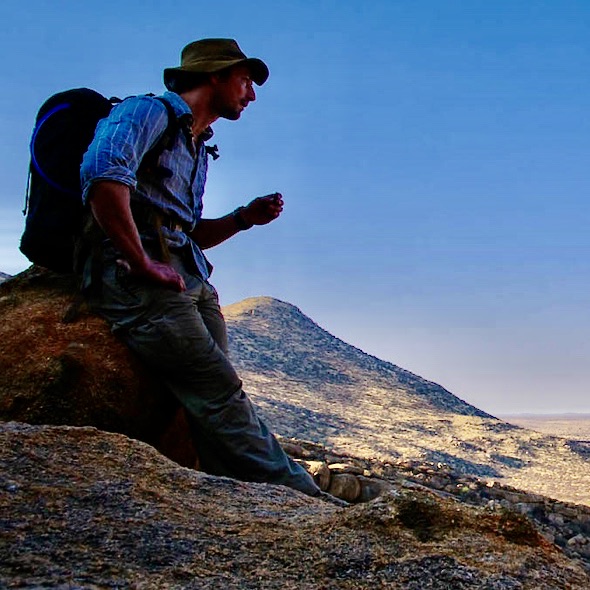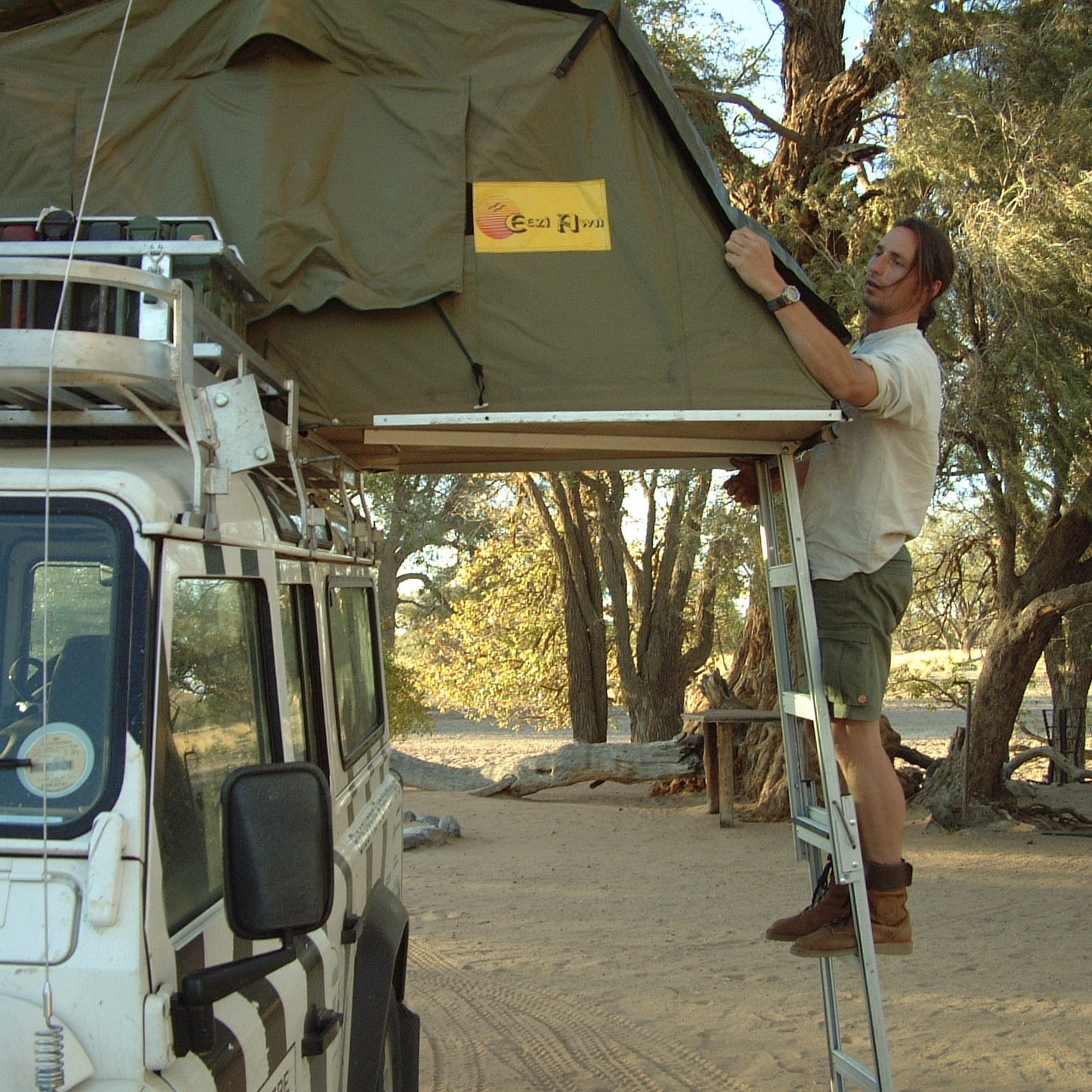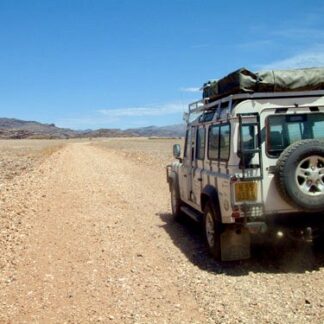Description
This is an inclusive trip, where you will be involved with all levels of preparation, from hiring 4x4s and outfitting for an unsupported desert expedition; planning for the heat, to route and anticipating the limits of the vehicles capability. We are hoping to spend a day in Windhoek to learn the basics of responsible snake handling by someone from the Namibia University of Science and Technology and firearms training at an established range.
On this journey to will venture to the Namib desert to learn the art of desert travel and expedition skills. This expedition is a rigorous learning experience. Your expedition will be based in the rugged Erongo Mountains, a wild arid landscape of steep escarpments on the Eastern edge of the Namib desert. This expedition phase enables you to consolidate and put into practice everything you have learned to date, plus a lot more! From abseils and vehicle recovery, to snake handling and tracking big cats, to sand driving techniques and learning firearms safety, this is a very comprehensive (and fun) package of expedition skills training.
Very few people get to experience the African desert in this way, so don’t be surprised when you will fall in love with this vast country – bewitched by her brooding tawny landscapes, the gentle peoples and her incredible wildlife.
- Days: Mon – Wed (9 Nights)
- Location: Namib Desert
- Food & Accommodation: Fully catered & camping throughout
- Activity: Desert travel & Expedition skills
- Group Size: 8
- Physical Rating: Hard
- 2022 Dates: Oct TBC
Highlights
- Minimum impact desert camping
- Planning for desert travel
- Travelling in arid terrain
- Emergency shelters
- Distress signals
- Maximum hydration
- Transpiration bags
- Solar still bottles
- Fire management
- Flames from lens
- Snakes and scorpions
- Snake handling skills
- Firearms safety training
- Wildlife hazards
- Bush cookery
- Packing a vehicle
- Vehicle recovery techniques
Inclusions
Included
- Two Wild Human Expedition Leaders.
- All food (snacks and meals) and soft drinks.
- Internal transport as outlined in itinerary.
- Special in-country permits and permissions.
Not included
- International flights/ travel.
- Travel insurance (obligatory).
- Alcohol (Due to the remote nature of this Expedition no alcohol will be taken into the Jungle)
- Personal equipment (full kit list in the Notes Section).

